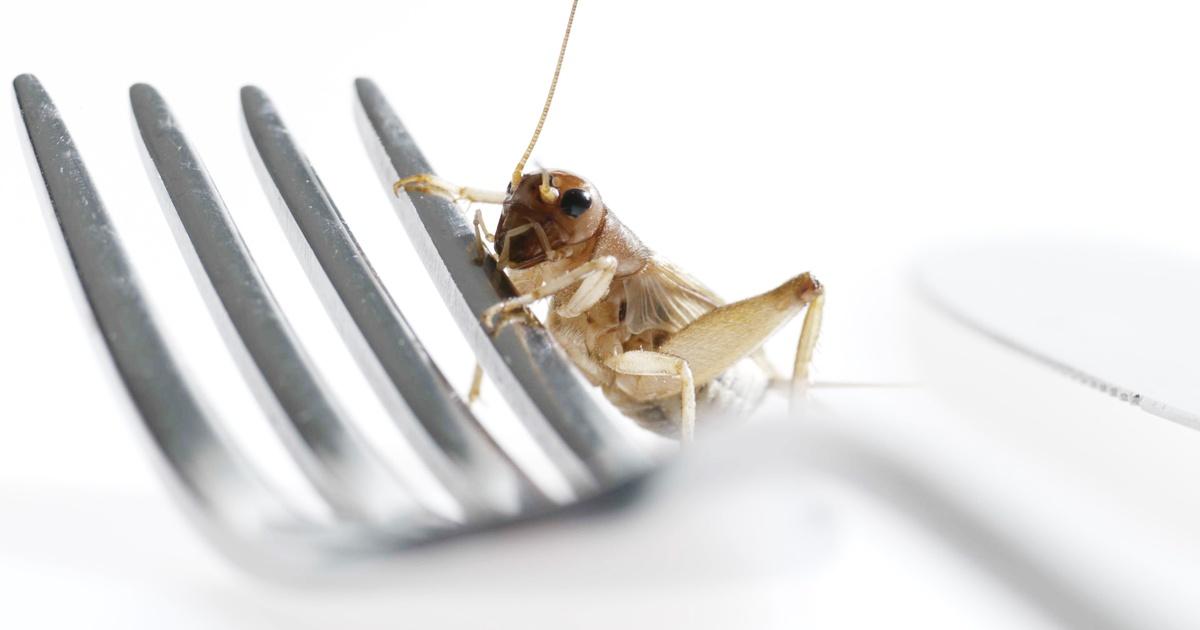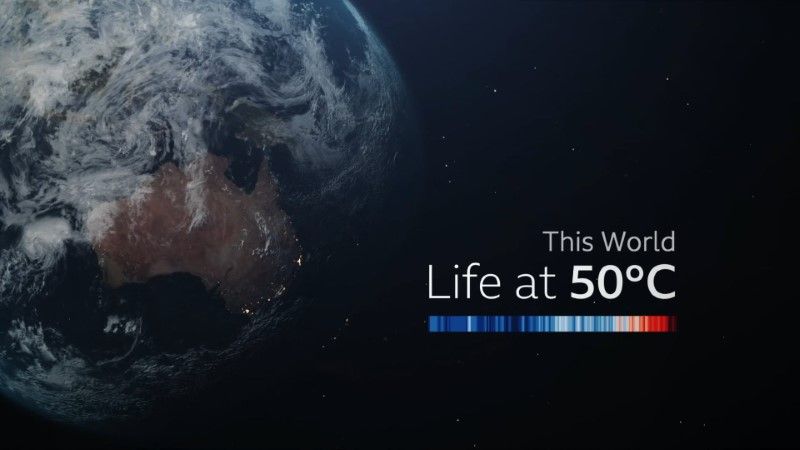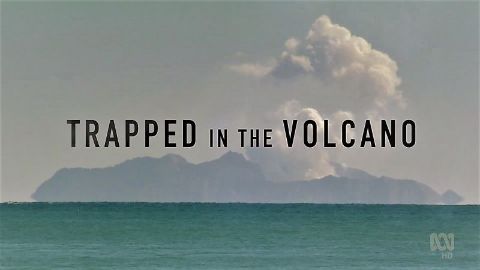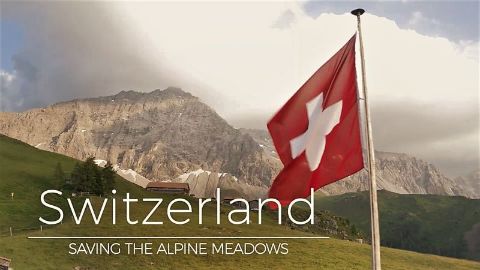Life After: Chernoby • 2014
The disaster began during a routine systems test at reactor number four of the Chernobyl plant located near the town of Pripyat, on April 26, 1986. After a power surge, an emergency shutdown was attempted and after a subsequent power spike, there was a reactor vessel rupture and a series of steam explosions. The cascading course of events led to exposing the graphite moderator of the reactor to the air, causing it to catch fire. This sent a plume of highly radioactive fallout into the atmosphere. The fallout from Chernobyl prompted mass evacuations as it drifted over an extensive geographical area, including the western Soviet Union and Europe. Over 350,000 people were resettled from contaminated areas of Belarus, Russia, and the Ukraine. Thirty-one deaths are directly attributed to the accident, and all the deaths were among reactor staff and emergency workers. This is the kind of atmosphere Nelson and Ochota are investigating on Life After: Chernobyl as they attempt to determine how the radiation continues to impact the affected areas. They are allowed to stay for as long as they need to in order to conduct their ground-breaking research, but the duo must also be sure to take the necessary safety precautions. Broadway World noted in their Life After: Chernobyl article that by staying in the area for too long, the radiation exposure could reach dangerously high levels in their bodies, and they must always monitor the radiation levels.
Make a donation
Buy a brother a hot coffee? Or a cold beer?
Hope you're finding these documentaries fascinating and eye-opening. It's just me, working hard behind the scenes to bring you this enriching content.
Running and maintaining a website like this takes time and resources. That's why I'm reaching out to you. If you appreciate what I do and would like to support my efforts, would you consider "buying me a coffee"?
Donation addresses
BTC: bc1q8ldskxh4x9qnddhcrgcun8rtvddeldm2a07r2v
ETH: 0x5CCAAA1afc5c5D814129d99277dDb5A979672116
With your donation through , you can show your appreciation and help me keep this project going. Every contribution, no matter how small, makes a significant impact. It goes directly towards covering server costs.





